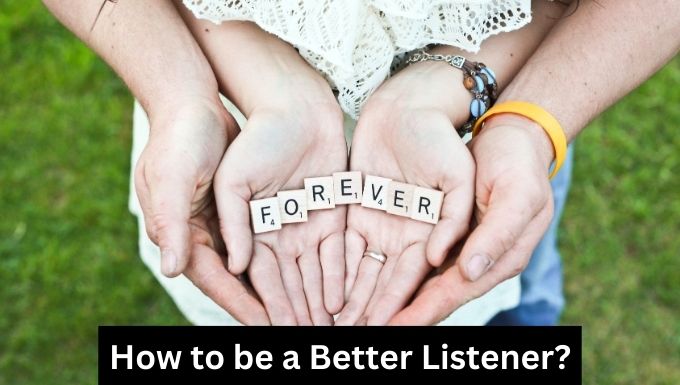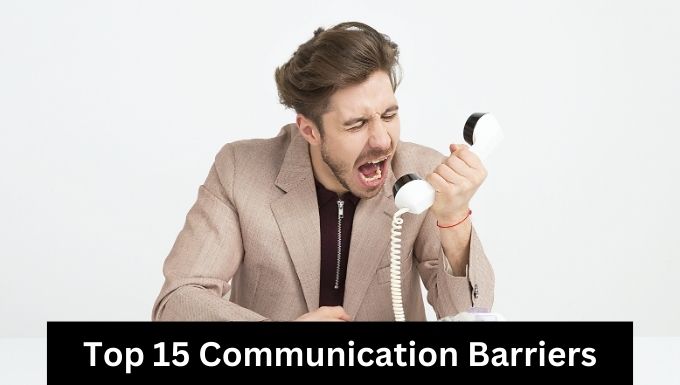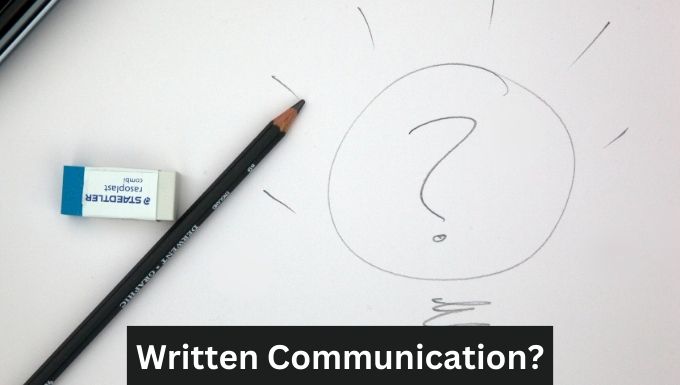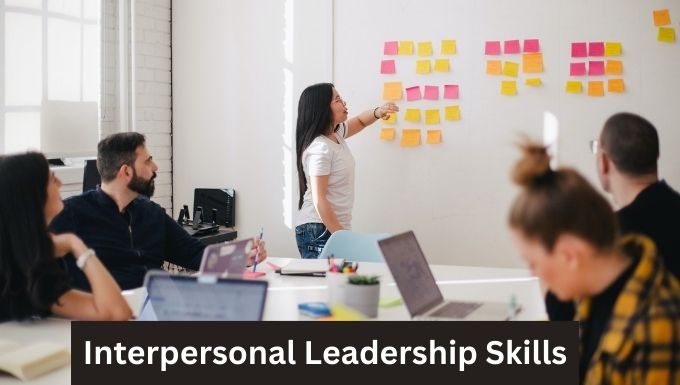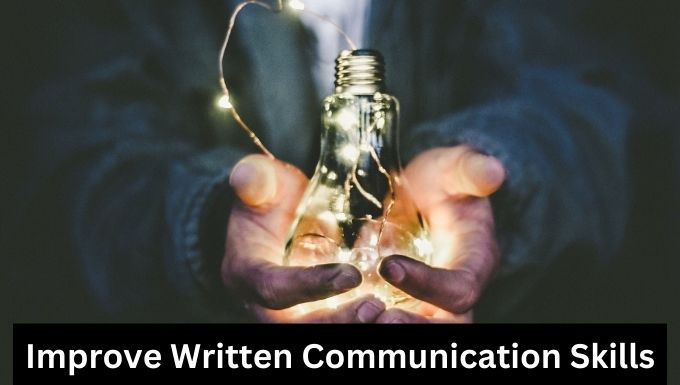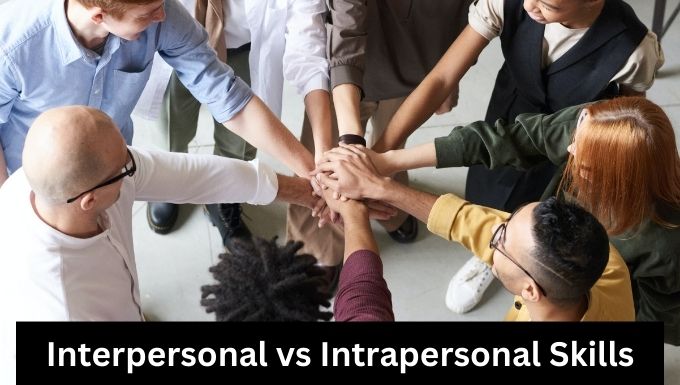Do you know the one thing that can supercharge your relationships? It’s not a fancy gift or a grand gesture–but it’s something simple yet extremely powerful: the art of listening.
In relationships, being a better listener is super significant. It’s like finding a rhythm that makes everything better between you and your partner.
Listening means more than just hearing words – it’s about understanding emotions. And this guide is here to help you learn how to be a better listener in your relationships. Here we’ll discuss the practical ways to improve your listening skills. Let’s get started.
Table of Contents
Why Active Listening is Important in Communication?
Active listening is crucial in communication for several compelling reasons:
- Active listening enables you to understand the speaker’s message and leads to efficient communication.
- This fosters stronger connections between people. When people feel heard and understood, this enhances trust, respect, and connection.
- Active listening allows you to resolve conflicts. So, be a better listener in your relationships to grasp different views and concerns, which encourages constructive discussions and the creation of mutually acceptable solutions.
- It promotes learning and personal growth. Engaging in others’ ideas and experiences allows you to gain new insights and enhance your knowledge.
- Listening demonstrates empathy and support. It allows individuals to acknowledge and validate others’ emotions. As a result, this creates a supportive environment where people feel respected.
Common Listening Challenges

Effective listening is a valuable communication skill, yet various obstacles hinder active listening. Therefore, overcoming these challenges is essential for better understanding and meaningful interactions. Here are some common challenges people face when listening:
- External factors like noise, electronic devices, or a busy environment can divert attention away from active listening, making it challenging to focus on the speaker’s message.
- Sometimes, people only pay attention to parts of the discussion that align with their interests or opinions. And that leads to incomplete understanding or missing crucial information.
- Having certain notions or assumptions about the speaker or the topic restricts effective listening. This bias might prevent individuals from being open-minded and fully understanding the message.
- Interrupting the speaker too early disrupts the flow of conversation and undermines the speaker’s ability to convey his message. And that disrupts the listening process.
- Moreover, misinterpreting non-verbal cues like body language, facial expressions, or tone of voice leads to misunderstandings about the speaker’s emotions or intentions.
Be a Better Listener in Your Relationships
Growing your relationships begins with mastering listening. It’s crucial to enhance understanding and foster stronger relationships. Let’s look at the list of 7 key practices to be a better listener in your relationships.
1. Pay Full Attention
When your partner speaks, find a quiet space without distractions. Put away electronic devices and actively engage in the conversation. Make eye contact to show genuine interest in what he’s saying.
And be mindful of his words, tone, and body language. This focused attention not only shows respect but also allows for a deeper understanding of his ideas and emotions.
2. Use Verbal and Nonverbal Cues
Verbal cues like “I see,” “Tell me more,” or “That makes sense” signal your engagement in the conversation. On the other hand, nonverbal cues like nodding, maintaining eye contact, and using affirmative gestures, increase attention.
These cues demonstrate your interest and encourage your partner to continue sharing. In addition, this promotes a connection between both of you.
3. Ask Clarifying Questions

Make sure your partner clarifies your questions to ensure clear understanding. Use open-ended questions such as “Could you explain further?” or “How did that make you feel?”
These questions prompt deeper conversation and allow your partner to express himself. Clarifying questions also shows your interest in his thoughts and emotions. And that fosters a personal and genuine connection.
4. Validate Emotions
Embrace and accept your partner’s emotions, even if you’ve diverse opinions. Show empathy and understanding by saying things like “I can see why you feel that way” or “Your feelings are reasonable.”
Validating his emotions doesn’t mean you agree; it means you respect his emotional experience. Moreover, validation maintains trust and encourages open communication. And that creates a supportive environment.
5. Be Empathic
Developing empathy involves understanding your partner’s feelings, visualizing his experiences, and recognizing emotions. Therefore, avoid judging his stance, even if it varies from yours.
On the other hand, acknowledge his emotions and validate feelings to show empathy. Practice phrases like “I understand how you feel” or “That must have been challenging for you.” This allows you to create a space for open communication and mutual understanding.
6. Avoid Interruptions
When you interrupt someone in the middle of a conversation, it disrupts the flow of the conversation and makes your partner feel ignored. Be patient with your partner and allow them to express themselves without interruption.
Instead of formulating your response while he speaks, focus on listening. Make a list of points you’d like to address once they’ve finished speaking. This practice establishes a respectful environment where both partners feel understood.
7. Reflect and Respond

After your partner speaks, summarize what he said in your own words before responding. Reflect on the key points to confirm your understanding and show that you’ve listened.
Ensure clarity by paraphrasing their thoughts and feelings. Respond thoughtfully, expressing your ideas and emotions. This reflective approach encourages more empathetic and supportive interaction. And enhances the emotional bond between you and your partner.
FAQs
How can I fix my relationship problem?
The key to resolving relationship issues is open communication. Listen to your partner’s concerns, express your thoughts politely, and try to find solutions. Moreover, professional guidance can also help resolve relationship problems.
Why do I struggle to listen to my partner?
Listening to your partner might be difficult due to
various reasons, like distractions, personal concerns, or misunderstandings. In addition, differences in communication styles or lingering issues also hinder active listening.
How can I train my brain to listen?
Practice active listening techniques regularly to train your brain to listen better. Focus on being present, avoid distractions, and concentrate on the speaker’s words and non-verbal cues.
Conclusion
Active listening leads to more effective communication. Moreover, relationships become stronger and more fulfilling when you show empathy.
Remember, it’s not just about hearing words but listening with your heart. And when you become a better listener in your relationships, you cherish the moments of genuine connection. Hope you find this article helpful. Let us know in the comments section.
